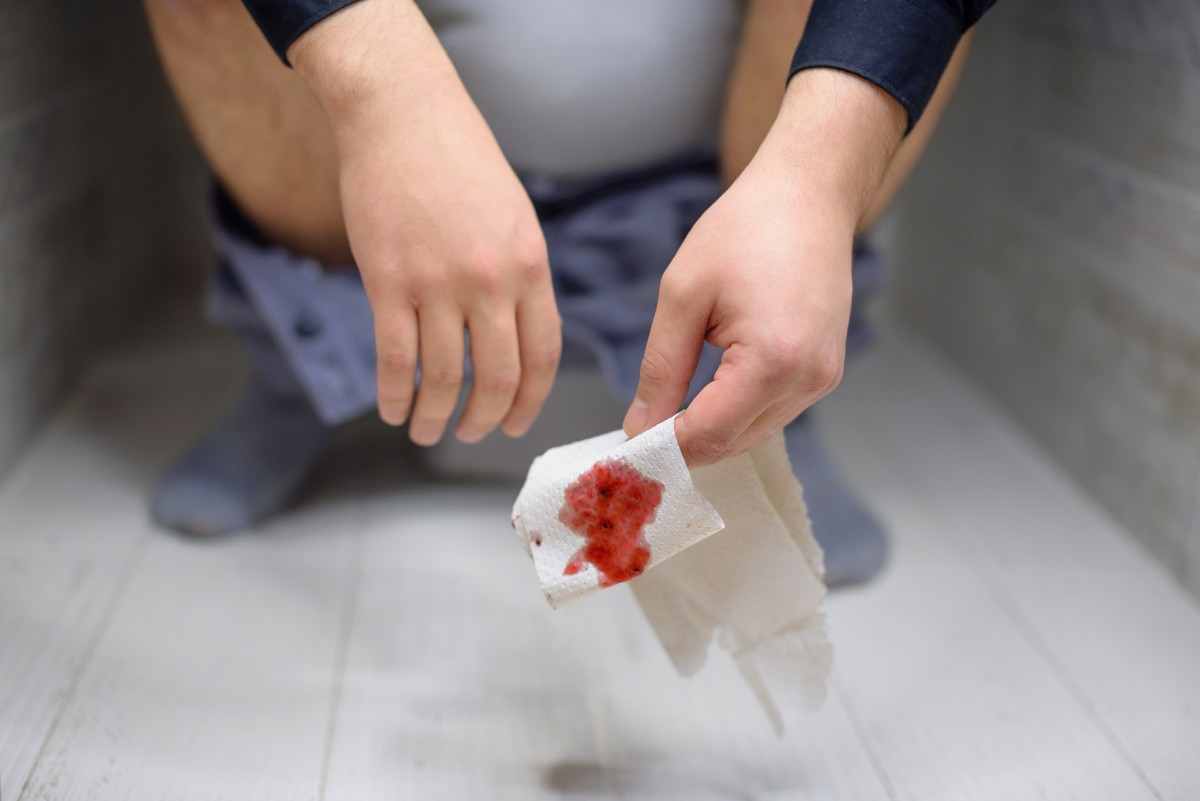Piles, also known as hemorrhoids, are swollen veins in the rectum or anus that cause pain, itching, bleeding, and discomfort during bowel movements. Though common, piles are often an embarrassing and distressing condition for many. Knowing the reasons behind piles can help you take preventive measures and seek timely treatment.
In this blog, we’ll explore the major causes of piles, lifestyle factors that contribute to the condition, and how you can manage or prevent it.
What Are Piles?
Piles develop when the veins in the rectum or anus become swollen and inflamed. They may be internal (inside the rectum) or external (under the skin around the anus). While piles are not usually life-threatening, they can significantly affect daily comfort and quality of life.
Understanding the reasons for piles is the first step toward effective prevention and treatment.
Common Reasons Behind Piles
- Chronic Constipation
Constipation is one of the leading causes of piles. Straining too hard during bowel movements puts pressure on the veins in the rectum, causing them to swell and form hemorrhoids. A low-fiber diet and insufficient water intake often worsen constipation.
- Chronic Diarrhea
Just like constipation, frequent diarrhea can also irritate the anal region and weaken the veins, leading to piles. The continuous strain and repeated bowel movements increase the risk of inflammation.
- Prolonged Sitting
Sitting for long hours—especially on the toilet—can contribute to piles. Modern lifestyles with desk jobs, long commutes, and lack of physical activity make this a common reason for hemorrhoids today.
- Pregnancy
Pregnant women are at a higher risk of developing piles due to hormonal changes and increased pressure on the pelvic veins. As the uterus expands, it puts strain on the lower body, causing swelling in the rectal veins.
- Obesity
Being overweight increases abdominal pressure, which in turn puts strain on rectal veins. This constant pressure can lead to the development of piles over time.
- Low-Fiber Diet
A diet low in fiber is a major reason for piles. Fiber is essential for smooth bowel movements, and its lack can cause constipation, straining, and eventually hemorrhoids. Processed foods, fast foods, and refined carbs often worsen the situation.
- Heavy Lifting
Regularly lifting heavy objects can strain the abdominal and rectal veins, leading to piles. This is especially common among individuals with jobs requiring physical labor or those who lift weights without proper technique.
- Aging
As people age, the tissues supporting the veins in the rectum and anus naturally weaken. This increases the risk of piles, making them more common among older adults.
- Genetic Factors
Family history also plays a role. If your parents or grandparents had piles, you may be more prone to developing them due to inherited weak vein wall.
- Poor Toilet Habits
Spending too much time on the toilet, delaying bowel movements, or not maintaining proper hygiene are additional reasons behind piles. These habits increase pressure on the veins and cause irritation.
Symptoms That Indicate Piles
If you are at risk due to the above causes, it’s important to watch for symptoms such as:
- Pain or discomfort during bowel movements
- Itching or irritation around the anus
- Bright red blood in stool or toilet paper
- Swelling or lumps near the anus
Preventive Measures
The good news is that piles can often be prevented by making simple lifestyle changes. Here are a few tips:
- Non-Surgical Treatments:
- Dietary modifications to improve bowel health.
- Medications such as stool softeners, topical ointments, and pain relievers.
- Lifestyle advice to prevent recurrence.
- Eat a fiber-rich diet including fruits, vegetables, and whole grains.
- Drink plenty of water to prevent constipation.
- Exercise regularly to improve digestion and circulation.
- Avoid sitting for too long, especially on the toilet.
- Maintain healthy body weight to reduce abdominal pressure.
- Practice proper toilet habits, going as soon as you feel the urge.
Treatment Options
If piles develop despite precautions, treatments range from home remedies to medical procedures:
Conclusion:
Piles are common, but they don’t have to disrupt your daily life. By understanding the reasons behind pilesplays a critical role in diagnosing, treating, and preventing such as constipation, poor diet, sedentary lifestyle, and obesity—you can take proactive steps to prevent them.
If symptoms persist, consult a doctor to explore the right treatment options. With proper care, piles can be managed effectively, ensuring better comfort and quality of life.


